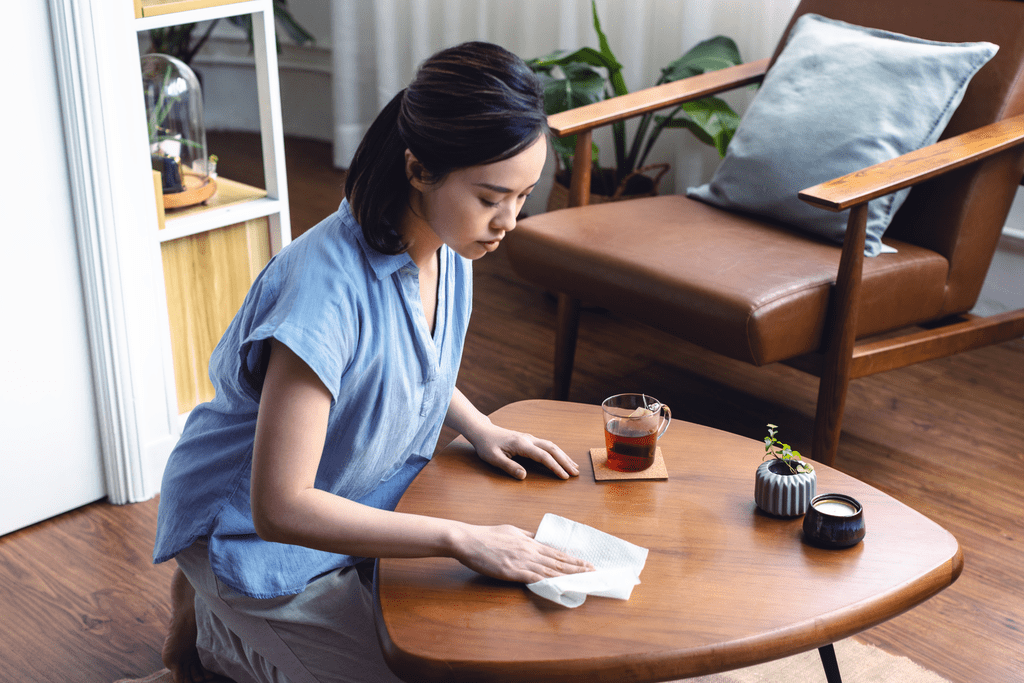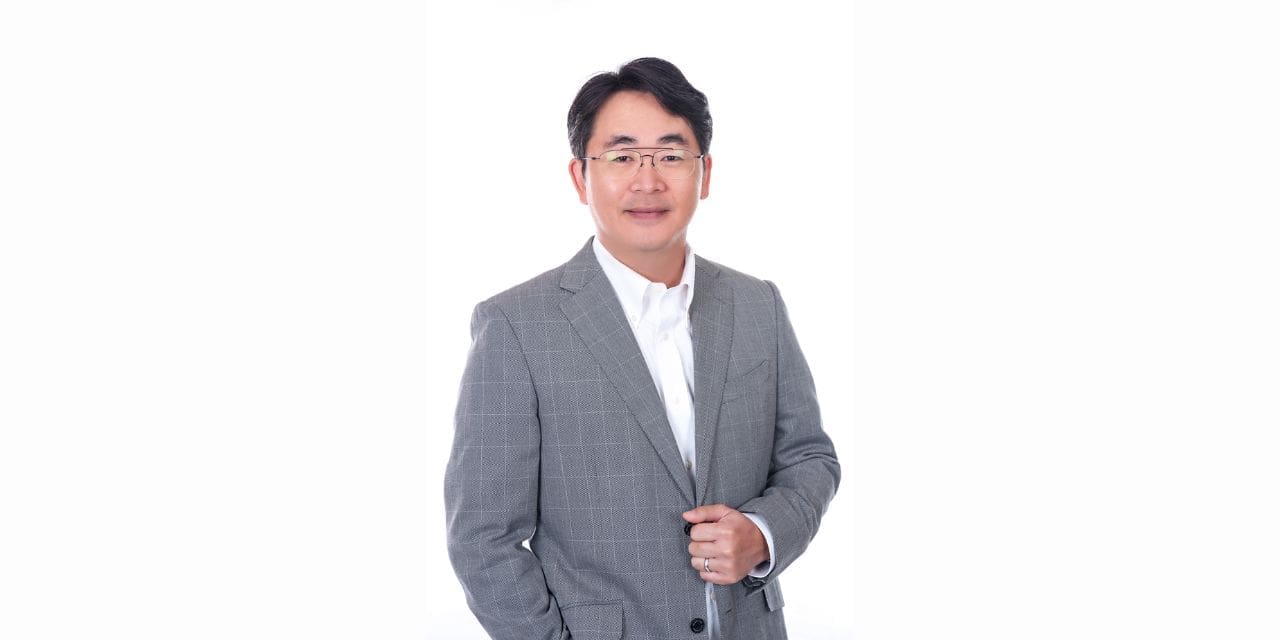New responsible fiber offering in Asia-Pacific to address the growing demand for specialty viscose fibers
Fibers suitable for everyday body and hygiene sector, as well as surface cleaning wipes
Demonstrates VEOCELTM’s commitment in delivering its mission to care for the environment and future generations in the region
Lenzing – Lenzing Group, a leading global producer of wood-based specialty fibers, has announced the official introduction of VEOCELTM branded responsible viscose fibers from its production plants in Asia Pacific to offer customers and partners in the region more responsible fiber options. The new fiber offering is now available via Lenzing Nanjing Fibers production site and will soon be made available from its South Pacific Viscose plant in the second half of this year. The introduction has been made possible by Lenzing converting the two production sites to enable a more optimized process and efficient use of energy for the production of the new responsible fiber offering for the Asia-Pacific market.

“The expansion of VEOCELTM branded viscose fiber production in our production facilities is a key milestone for our brand development in Asia-Pacific. Since the beginning of the COVID-19 pandemic, we have observed a strong growth in demand for responsible alternatives to fossil-based materials in the nonwovens sector, from cleaning and hygiene products to everyday care products especially in Asia-Pacific. We are confident that with the launch of responsible viscose fibers in the region, we can support the evolution of the cleaning and hygiene sector, from heavy reliance of fossil-based materials to responsible, wood-based alternatives,” said Steven Tsai, Senior Regional Commercial Director for Nonwovens Asia, Lenzing.

Meeting growing demand in Asia-Pacific for responsible yet functional personal care products The rising trend of environmental consciousness among Asian consumers, together with the growing need for a combination of functionality and convenience, have been the key drivers for producers and manufacturers to devise innovative solutions to address environmental and technical challenges in the nonwoven sector. The conversion of existing production capacity from conventional viscose to responsible specialty fibers will not only address the growing demand in Asia-Pacific, but also offer partners greater supply chain flexibility and efficiency.
Certified by the EU Ecolabel, VEOCELTM branded responsible viscose fibers are not only smooth on the skin, but they also have efficient absorption and liquid management which allow for uniform distribution of the liquid they absorb, enhancing the liquid management in nonwoven products. The fibers can be used in a number of applications, such as in the hygiene sector, addressing the trend of increasing popularity of functional single-
use wipes in the region which emerged from the COVID-19 pandemic.
Driving positive change in nonwovens sector
Across the region, Lenzing has long been at the forefront of actively encouraging brands and partners to adopt best practices and switch to responsible alternatives. Alongside the VEOCELTM Viscose fibers, VEOCELTM continues to expand its co-branding portfolio across key markets in Asia-Pacific, welcoming new brand partners who produce a range of nonwoven products, including facial sheet masks, baby wipes, flushable moist toilet tissues, and sanitary napkins.
Looking ahead in Asia-Pacific, and by adhering to its brand promise to be a “responsible care brand”, VEOCELTM will continue to play a key role in raising awareness of and driving the adoption of responsible alternatives in the nonwovens industry, ultimately paving the way to reduce the carbon footprint of the nonwovens industry in Asia-Pacific.

